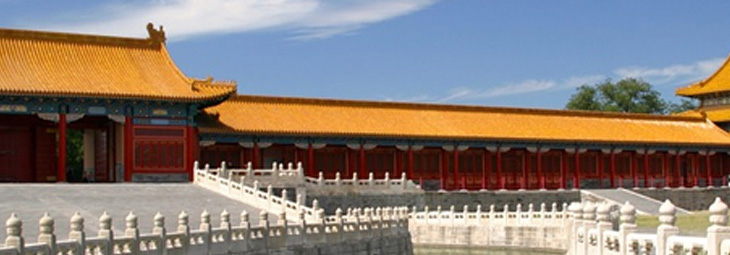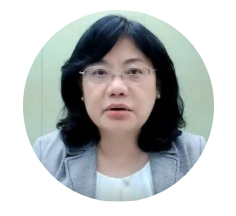


(The special dialogue IV of ANPCC organized by UPSC & ANPCC)

Reading guide
On September 30, 2021, as one of the series activities of the Annual National Planning Conference of China (ANPCC) (2020/2021), the special dialogue IV "Cultural Heritage Preservation in Hong Kong" jointly organized by the Urban Planning Society of China(UPSC) and the Hong Kong Institute of Planners(HKIP) was successfully held online.
Five planners and professionals from public agencies, social organizations and private sectors in Hong Kong were invited to discuss the cultural heritage Preservation in Hong Kong and its future development from the aspects of overall policies, specific measures, construction considerations and case reflections.

Li Jianhua
President of HKIP
The online event was chaired by Li Jianhua, President of HKIP. Li pointed out that Hong Kong has many historic sites and unique cultures and has been engaged in the work of cultural heritage preservation by way of planning. He hope the dialogue would be an opportunity to share Hong Kong planners’ experience of cultural heritage preservation.

Li Zhimiao
Visiting Professor, Department of Geography, The University of Hong Kong
HKU Professor Li Zhimiao introduced the significance of cultural heritage preservation in Hong Kong and some relevant policies. She stressed that the cultural heritage of historical relics and sites, as well as architectural complexes, have outstanding universal values from the perspectives of history, art, science and anthropology. As Hong Kong's cultural heritage is characterized by a long history, the cultural heritage preservation has the significance of recording Hong Kong's social changes, inheriting Hong Kong’s traditions and collective memories, building Hong Kong's cultural landscape, giving Hong Kong’s citizens identity, and improving the Sino-foreign cultural exchange.

Mai Zhongjie
General Manager, Hong Kong Urban Renewal Authority (URA)
URA General manager Mai Zhongjie introduced the URA which was established in 2001 to promote the renewal of old areas in Hong Kong. URA’s duty can be summarized as Redevelopment, Rehabilitation, Retrofitting, Preservation and Revitalization. The urban renewal strategy in 2011 defined its work and business programs.

Yue Hanning
Director of HKIP
Yue Hanning, Director of HKIP, introduced the Hong Kong Central Market Project and stated that it is very important to preserve the memory of Hong Kong in this project. She stressed that an important part of the preservation and activation plan is public participation. The Project brings together the strength of the government, private enterprises, professionals and the public.

Deng Wenbin
Director, Rural Conservation Office, Environmental Protection Department, GovHK
Deng Wenbin shared a specific case of rural preservation in Lizhiwo village. With government funding, the Rural Conservation Office implement some small improvement projects on the premise of environmental protection and low carbon to improve the convenience of the local people, such as building footpaths, setting up rural sewage systems, surveying and mapping, so as to improve the existing environment in the rural areas.

Ou Zhiwei
Project Director, Hong Kong Countryside Foundation Limited
Ou Zhiwei introduced the suburban preservation work of Lizhiwo village. He proposed that the preservation plan should strengthen community ties and attract tourists to live in the village to enjoy the traditional Hakka culture. He highlighted that it is important to make more villagers appreciate the original cultural values of their village and encourage them to return to the countryside and inherit the whole culture.
Source: http://www.planning.org.cn
Edited and translated by Chai Ning